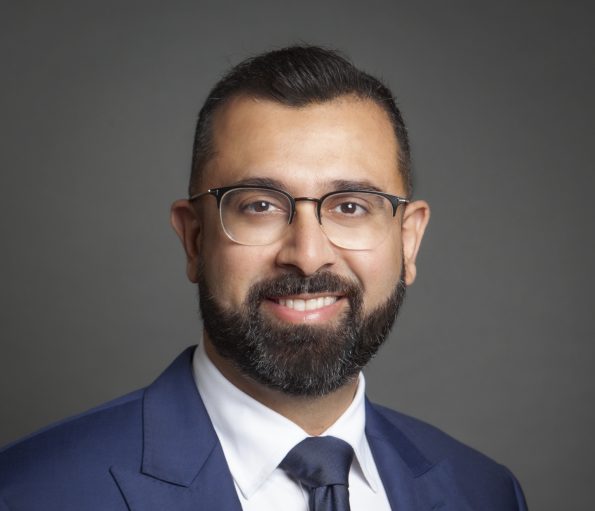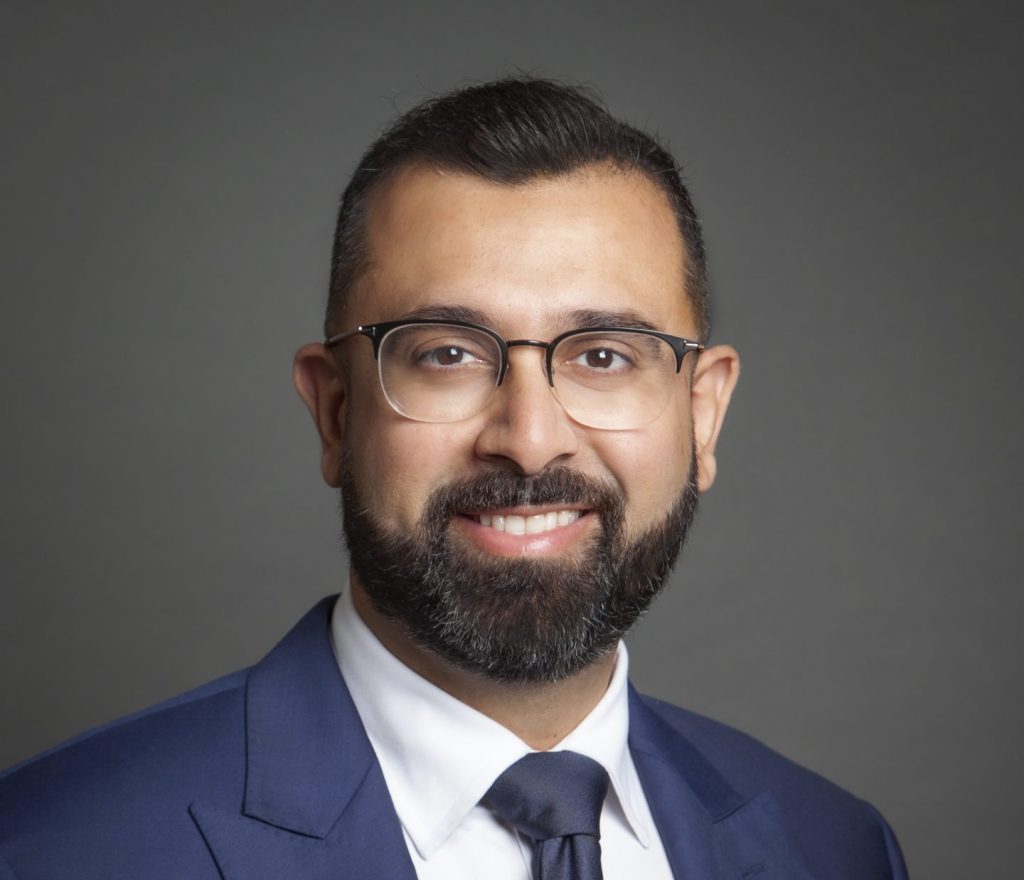Our Interview With Shoaib Khan, Canadian Entrepreneur and Philanthropist
Shoaib Khan is a Canadian entrepreneur and philanthropist who is making a difference in many developing nations through the organization, Humaniti.
Humaniti is about helping communities at the most basic level — in the home, in the school and by empowering the individual. The charity emphasizes education, human rights and social justice, and has created myriad entrepreneurs who learned the skills they needed to succeed through the work of the foundation.
Shoaib Khan is also the founder of Clearoute, the Toronto company that aids emerging companies and partners with some of the world’s major brands, from Google and Pepsi to Honda and Bayer.
Below, we talk with Shoaib Khan about his perspective on success in business and philanthropy, and lessons he’s learned along the way.
Q: When did you decide to start Humaniti, your global charitable foundation?
Shoaib Khan: The roots of Humaniti are deep. They go far back in my life, to the earliest time when I began to think about the problems afflicting the world, my place in the scheme of things, and when I began to have the confidence to believe I could make a real difference in solving problems and helping people. My faith is central to the story of Humaniti. It leads me to reach out to others, and to share the talents I have been given, to use them for a broader purpose than simply personal success.
Humaniti was not my first effort to organize a charitable initiative. Before Humaniti, I started One Parent to support single-parent families in Canada and internationally, and The Good Group, whose mission centered on facilitating and fostering income and wealth creation in distressed communities.
With Humaniti, our team is focused on providing needed resources to populations in developing nations. We teach and empower individuals to take control of their economic destinies, while also promoting human rights and justice in societies in which these concepts often struggle to survive. Financial independence for individuals, families and communities is central to our approach. We teach the skills necessary to achieve this, because we know that an educated population creates prosperity and security.
Q: How do you apply your business experience to Humaniti?
Shoaib Khan: My approach to both entrepreneurship and philanthropy is similar. I’m a hands-on leader, and I surround myself with dynamic, committed people.
As much as I value great ideas, I’ve always believed that ideas without execution are all delusions. The idea is the first step. In business, you need to move on to testing it with research — figuring out the pros and cons — and judge the feasibility of moving it to the product mode or concept mode. At that point, you build a team around it, allot resources, and focus on ways to execute the idea.
In the end, the key to success is to have a team of talented professionals supporting you. There’s no shortage of ideas, but finding the right people for your team is a skill in its own right, and a precursor to success.
This is true at all levels of a philanthropic foundation, as well. The team at the top of the organization is important, but so are the people working in the trenches, in the communities we’re attempting to help in developing nations.
Your success depends on them. They are the point of contact, they know the local issues and understand the social and political dynamic in a country or region. They’ve seen what has worked and have learned how to maximize the effectiveness of the initiatives that may have been conceived far away, here in Toronto, but will be tested in the field.
A foundation’s field workers are also essential to its reputation. Donors and the wider public need to have faith in the integrity of a foundation for it to succeed in the long run. Reputation is built on results.
Q: What has been your recipe for success, both with your foundation and in business?
Shoaib Khan: To succeed, you need to be passionate about what you’re doing. And finding a passion in life is something that can take time. You really need to accumulate life experiences to know what you like, what you want, and how your talents can be best used in a career. Self-reflection is part of this process. Look at your life and career with a wide-angle lens, then zoom in on each significant experience or lesson learned.
Finding your passion involves finding your purpose, and that’s one of the most satisfying things you can do. When you’ve discovered your passion, channel all of your experiences and talents into creating a product, or service or platform. At that point you’re living your purpose. Your goals and daily work are aligned, and that’s powerful rocket fuel for success and satisfaction.
What you have been given, and what you can contribute, are unique to you. Nobody has that exact same combination of talent and ability that you have. And that’s a reassuring thought, because it means you’ve been placed on this planet to do something special. Humaniti believes that about every single person that we reach out to help, and I believe it about myself. Once you realize that, you are unstoppable.


